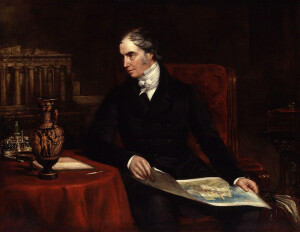
Found at Jot HQ, the pamphlet published by Winfred A. Meyers ,a well known dealer in autograph letters and manuscripts, containing the talk she gave at the ABA Book Fair at Albemarle Street, London, in 1961 on ‘ How to Collect Autograph Letters and Manuscripts ‘.
Meyers sets off by making a good case for collecting autograph letters from a historical point of view. She argues that a letter or set of letters may help a ‘professional’ scholar piece together episodes in the life of a particular person, possibly solving a puzzle that has perplexed other scholars for years; letters can also immediately connect an amateur with the author of a work in that person’s library. So far, so good. These are obvious benefits of collecting autograph letters. Meyers then comes to the horror stories of letters and historical documents lost, irretrievably damaged through neglect, or deliberately destroyed. What she tells us is indeed a litany of terrible losses:
‘…it is amazing after what has befallen letters and documents in the not so distant past, how much has survived. The rats that gnawed the letters from Elizabeth’s favourite courtier, at Belvoir Castle; the parish registers that turned into solid glue in the wet cellars of another stately home; Somerset House in 1840 sending the Exchequer Accounts of Henry VIII and the Secret Service Accounts of Queen Elizabeth to the waste paper merchant: the old India Office turning out the records of the Indian navy to the paper mills; the French Revolutionaries destroying and dispersing the papers of the Monarchy, and the restored Monarchy destroying the papers of the French Revolutionaries; the British army destroying the White House papers in 1812; the Southern States destroying their records before the advancing Union Army in the Civil War; the Sinn Feiners’ destruction of Dublin Castle records; the salvage drives and bombing of two wars; the mouldering records in a pigsty at Arundel Castle; the toy-drum and lampshade-makers’ part; Cassandra Austen tearing up the letters of her sister Jane, and George Washington’s widow tearing up all George’s letters to her and a terrible story I just heard of a collection of Emily and Charlotte Bronte letters that were torn up only last week…’
Continue reading

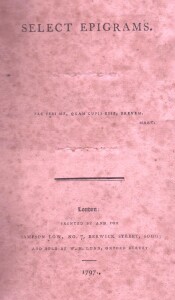
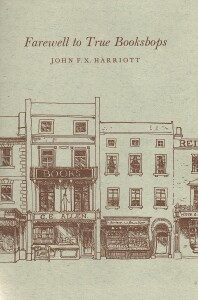
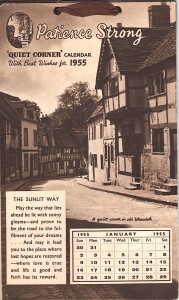 Found amongst a pile of books at Jot HQ, the pocket-sized ‘Patience Strong ‘Quiet Corner ‘calendar for 1955 with its sepia photographs of ‘ picturesque ‘ spots in England. We had almost forgotten that publishers still used sepia photographs as late as this, but then remembered the lifeless and dispiriting photographs of landscapes and empty streets in Arthur Mee’s ‘King’s England’ series of county guide books. No wonder the county guides published by Shell from 1934 were regarded as such a welcome change from these dreary volumes. Mee’s totally predictable descriptions of towns and villages in each county were matched by Strong’s trite and cliché-ridden verse formatted as prose in her calendar and exemplified in ‘ The Sunlit Way ‘which accompanied a traffic-free photo of a ‘ quiet corner of old Warwick ‘ on the page for January 1955.
Found amongst a pile of books at Jot HQ, the pocket-sized ‘Patience Strong ‘Quiet Corner ‘calendar for 1955 with its sepia photographs of ‘ picturesque ‘ spots in England. We had almost forgotten that publishers still used sepia photographs as late as this, but then remembered the lifeless and dispiriting photographs of landscapes and empty streets in Arthur Mee’s ‘King’s England’ series of county guide books. No wonder the county guides published by Shell from 1934 were regarded as such a welcome change from these dreary volumes. Mee’s totally predictable descriptions of towns and villages in each county were matched by Strong’s trite and cliché-ridden verse formatted as prose in her calendar and exemplified in ‘ The Sunlit Way ‘which accompanied a traffic-free photo of a ‘ quiet corner of old Warwick ‘ on the page for January 1955.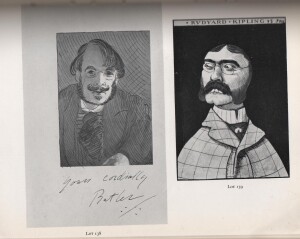

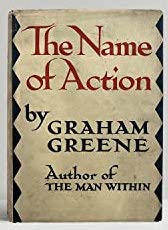
 We at Jot 101 had not imagined the travel writer and biographer Walter Jerrold ( 1865 – 1929 ) to be a frequenter of second-hand bookstalls, but there he is as an unabashed collector of ‘unconsidered trifles ‘ in Autolycus of the Bookstalls (1902), a collection of articles on book-collecting that first appeared in The Pall Mall Gazette, Daily News, the New Age, and Londoner.
We at Jot 101 had not imagined the travel writer and biographer Walter Jerrold ( 1865 – 1929 ) to be a frequenter of second-hand bookstalls, but there he is as an unabashed collector of ‘unconsidered trifles ‘ in Autolycus of the Bookstalls (1902), a collection of articles on book-collecting that first appeared in The Pall Mall Gazette, Daily News, the New Age, and Londoner.
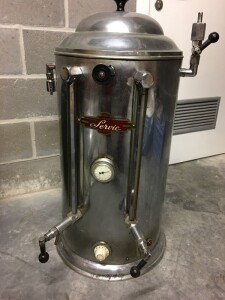
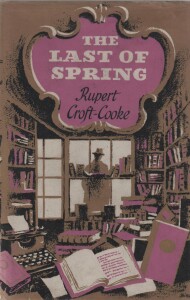
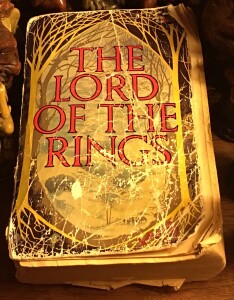
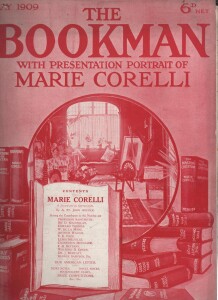

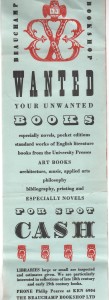 Beauchamp Bookshop of 15a Harrington Road, which was once located by South Kensington station in SW London. Its most striking quality is the boldness of the two colours ( red and black) used for the various period typefaces on display. To someone who grew up in the Swinging Sixties, when designers took inspiration from Victorian (and even older) typefaces and decorative flourishes, it could date from that time. However, the telephone number featured (KEN 6904) might quite equally suggest a slightly earlier date, though the fact that the all-number system began in London in 1966 doesn’t help us much. Some specialist magazines devoted to design, such as Signatureand the Penrose Magazine, were experimenting with typefaces in the forties and fifties. Indeed, the fact that the Beauchamp Bookshop wished to buy books on bibliography and printing suggests that the owner, Mr Philip Pearce, had an active interest in book design. It is telling too that his special need to acquire ‘ late 18thand early 19thcentury books ‘ betrayed a fondness for well printed and well designed books from this pioneering era of fine printing.
Beauchamp Bookshop of 15a Harrington Road, which was once located by South Kensington station in SW London. Its most striking quality is the boldness of the two colours ( red and black) used for the various period typefaces on display. To someone who grew up in the Swinging Sixties, when designers took inspiration from Victorian (and even older) typefaces and decorative flourishes, it could date from that time. However, the telephone number featured (KEN 6904) might quite equally suggest a slightly earlier date, though the fact that the all-number system began in London in 1966 doesn’t help us much. Some specialist magazines devoted to design, such as Signatureand the Penrose Magazine, were experimenting with typefaces in the forties and fifties. Indeed, the fact that the Beauchamp Bookshop wished to buy books on bibliography and printing suggests that the owner, Mr Philip Pearce, had an active interest in book design. It is telling too that his special need to acquire ‘ late 18thand early 19thcentury books ‘ betrayed a fondness for well printed and well designed books from this pioneering era of fine printing.
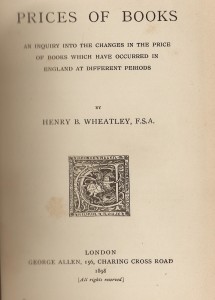 H.B.Wheatley’s Prices of Books (1898) is a real eye opener, not just for the prices realised by truly great and important books, but also for those works which today would not fetch ( in real terms) anything like the sums that our Victorian forebears might have paid.
H.B.Wheatley’s Prices of Books (1898) is a real eye opener, not just for the prices realised by truly great and important books, but also for those works which today would not fetch ( in real terms) anything like the sums that our Victorian forebears might have paid.
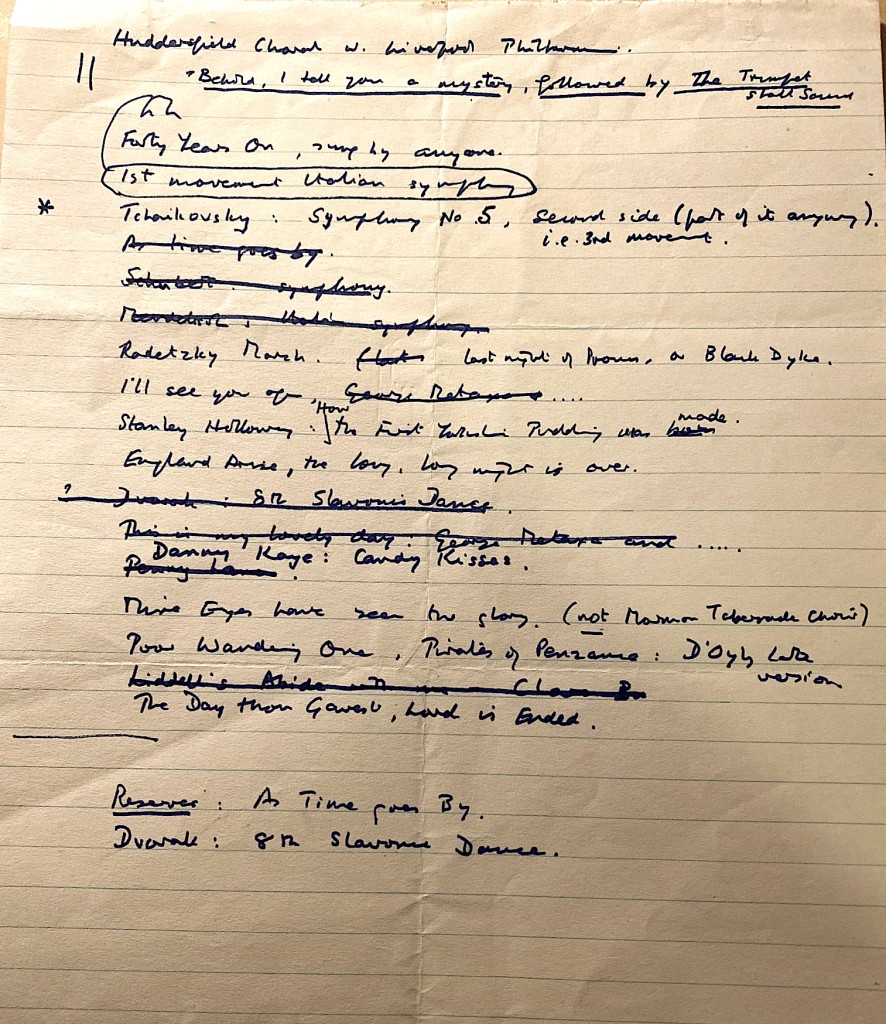
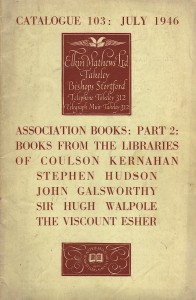 near Bishops Stortford, probably contained descriptions of books and manuscripts by one of the directors, Ian Fleming, an avid book collector. It’s tempting to imagine the future creator of James Bond trawling through some of the items in the catalogue in search of likely material.
near Bishops Stortford, probably contained descriptions of books and manuscripts by one of the directors, Ian Fleming, an avid book collector. It’s tempting to imagine the future creator of James Bond trawling through some of the items in the catalogue in search of likely material.